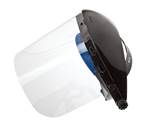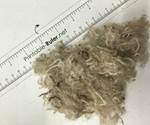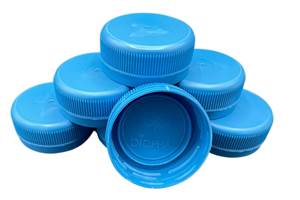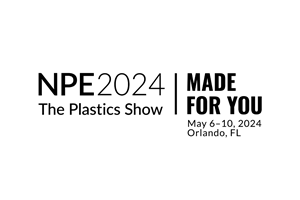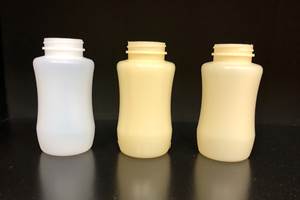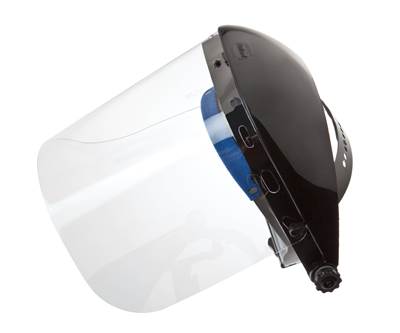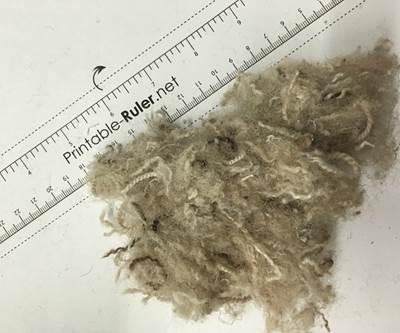Eastman Discusses Reusable Sport Bottles Consumer Study; Sustainability Aspects
Brad Moncla, marketing segment manager for durables at Eastman, talks about the reusability of its Tritan products, sustainability, and a focus on the company’s COVID-19 response.
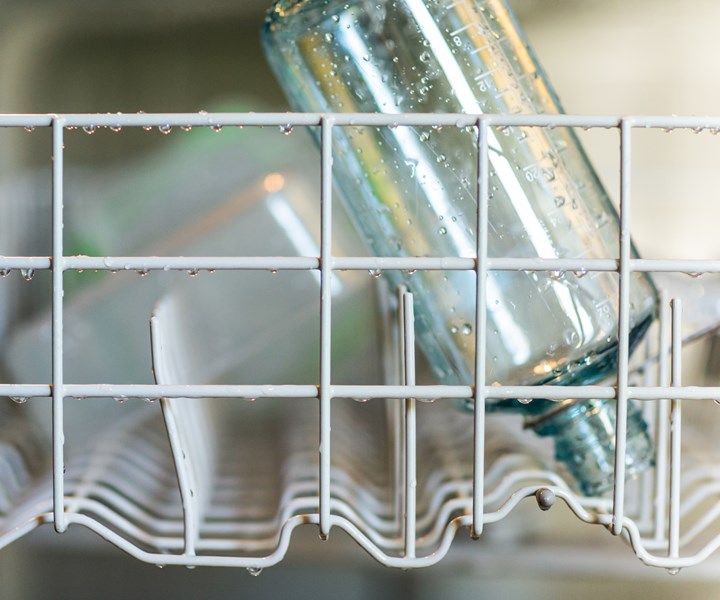
Eastman talks the reusability of its Tritan products.
Eastman Chemical recently conducted consumer research that is especially interesting in the midst of the COVID-19 crisis. The research appears to show that the primary method U.S. consumers use to wash their reusable sports bottles is handwashing and air drying, which can reportedly lead to contamination.
Brad Moncla, marketing segment manager for durables at Eastman, said that 60% of consumers wash and air dry their sports bottles and food storage. It’s been reported that washing and air dry could potentially spread contaminants that are eliminated when a dishwasher is used.
Sports bottle brands like Camelbak, Nalgene and YETI use Tritan from Eastman in their products. It's a durable plastic that's dishwasher friendly and doesn't lose its color or clarity even after repeated washings, the company says.
One reason for consumers’ focus on handwashing bottles could be that they do not fully understand the properties of different materials.
“People may have had a bad experience with a cheaper plastic,” Moncla said. “But Tritan is definitely differentiated and has the durability to be dishwashed regularly for years.”
“I think consumers might not be aware of how much better dishwashers are than handwashing,” he said.
Durables vs. single use
So this got me thinking about reusability in general. With public outcry against single-use plastics, many people are trying to focus more on the reuse component of “reuse, recycle, reduce.” So I asked Moncla his thoughts on this.
He said in their focus group research, many consumers are cognizant of the fact that they can use a reusable bottle again and again as opposed to single-use bottles.
“Especially when you think about the current crisis we’re in, one of the key questions is what should consumers do because of the coronavirus?” he said. “Most consumers have a Tritan water bottle in their house that they can use instead of having to buy cases of bottled water. That is something they can do for themselves to save money and protect the environment.”
“Access to clean water (through bottle filling stations in retailers, airports and shopping malls) became more widely available a couple of years ago and allowed consumers to switch to reusable products, and that saves a lot of single-use plastic from being used while keeping consumers hydrated,” he said.
Moncla says that he believes there is an enormous gap between how people think about single-use plastics and durable plastics. He cites that a sports bottle can be used even 10 years later compared to single-use plastics.
“But from a single-use plastics perspective, Eastman is making significant investments to make our durable products and reduce the need for single-use plastics in the process.”
Eastman’s COVID-19 Response
We also talked about how the company is helping to support frontline health care workers fighting the COVID-19 pandemic.
So far, Eastman has made the following contributions:
- 10,000 face shields for hospitals in Massachusetts, thanks to a collaboration with SMC Ltd.;
- Donated copolyester resins to PRP Creation as part of an effort by cosmetics companies to produce 475,000 bottles of hand sanitizer for health organizations in France;
- Distributed window film to Harlow College to produce 300 additional face shields for hospital workers in the United Kingdom;
- Collaborated with the Tennessee Higher Education Commission and universities to help produce 10,000 face shields;
- Donated copolyesters to companies in Brazil to manufacture 20,000 face shields for hospitals; and
- Donated critical PPE including 180 N95 masks and 4,400 nitrile gloves to first responders in Massachusetts.
Also, Eastman has converted a pilot plant at its largest U.S. manufacturing site to produce hand sanitizer for area schools and emergency responders.
Related Content
PHA Compound Molded into “World’s First” Biodegradable Bottle Closures
Beyond Plastic and partners have created a certified biodegradable PHA compound that can be injection molded into 38-mm closures in a sub 6-second cycle from a multicavity hot runner tool.
Read MoreThe Importance of Mass Balance in Chemical Recycling
Approaches to mass balance can dramatically impact calculations of recycled content.
Read MoreProcessing Megatrends Drive New Product Developments at NPE2024
It’s all about sustainability and the circular economy, and it will be on display in Orlando across all the major processes. But there will be plenty to see in automation, AI and machine learning as well.
Read MoreHow to Extrusion Blow Mold PHA/PLA Blends
You need to pay attention to the inherent characteristics of biopolymers PHA/PLA materials when setting process parameters to realize better and more consistent outcomes.
Read MoreRead Next
Eastman Talks Increasing Demand for Recycled Materials
Holli Alexander, Eastman’s strategic initiative manager of global sustainability, discusses the company’s recycling initiatives.
Read MoreEastman Donates Material For Coronavirus Face Shields to Protect Medical Workers
The Tennessee Higher Education Commission is coordinating the effort to make 10,000 face shields in two weeks using 3D printers located at universities throughout the state.
Read MoreEastman to Use Reclaimed Polyester Carpet as Feedstock for Chemical Recycling
The reclaimed polyester carpet will be collected and processed by Circular Polymers, transported by railcar, and then upcycled by Eastman to produce new materials with certified recycled content.
Read More

